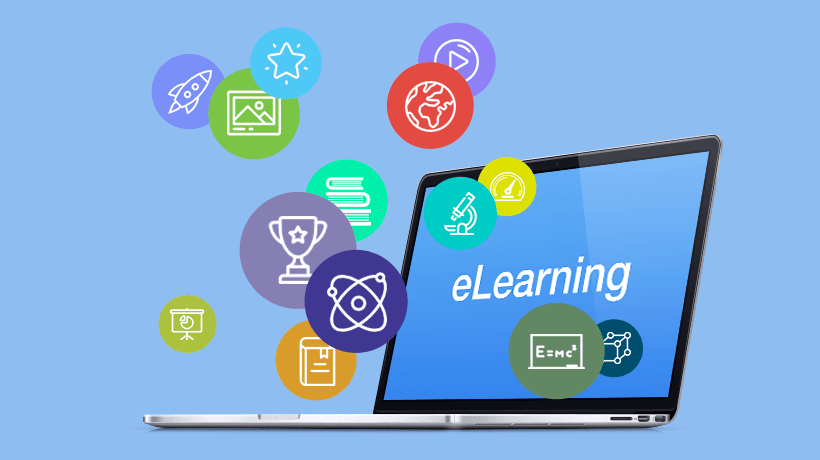LMS Systems: Advantages and Functions


If you are starting out in the world of online training, you may be overwhelmed by all those acronyms that eLearning experts insist on using: LMS, LMS Systems, eLearning, and more. To pave the way a bit and accompany you meanwhile, in this article we are going to explain what an LMS system is, and what the main advantages and functions of an LMS systems are.
What is an LMS?
An LMS (Learning Management System) is software installed on an Internet server, which allows us to provide online training. We can acquire the software and install it on a server managed by ourselves, or contract the complete service to a provider, software and server in SaaS mode (software as a service ).
What elements are found within an LMS?
A learning management system typically includes a virtual classroom and a rich set of tools to manage courses, for employees training, students, and tutors.
Although an LMS allows us to be very flexible in the mode of delivery, many of the online training processes are based on content that the student accesses, with the assistance of an expert in the field. eLeap LMS is the best LMS available in the market.
Advanced LMS System Features
Content creation . Some learning platforms have a built-in editor that allows you to create simple quizzes and courses.
Instructor-led training classrooms . If you offer blended learning, your LMS should support classroom-based learning initiatives (eg, managing classroom schedules, monitoring attendance and performance, etc.).
Mobile Learning . Most LMSs allow learners to access training anytime, anywhere, on any device. Some have native mobile apps where users can view the courses even when offline.
social learning . If you want to encourage your students to share their knowledge, you need an LMS with social tools. Like social networks that allow you to post articles, discuss peer posts, like and share content.
Own brand and customization . With this LMS functionality, you can create a completely unique learning platform and maintain brand consistency in your learning experience.
Gamification . By using gamification elements (points, awards, grades, badges, and more), you can improve student engagement and motivation to learn more.
Certification. Some platforms have the option to issue certificates to users after they complete a course or test. This is especially useful for companies that regularly conduct professional certifications.
Integrations. If you want to keep your business data in sync with an LMS, you need a system that supports third-party integrations, such as your sales force CRM, video conferencing tools, and others.
Electronic commerce. An LMS with an eCommerce option allows you to sell courses and track sales without having to integrate a third-party eCommerce.
Notifications. Notifications help students stay on top of things: their course completions, assignments, feedback, upcoming events, and more.
Collaboration Tools. Some LMSs offer social learning features, including knowledge sharing through repositories, social networks and discussion forums, and student-generated content and tutoring.
Course Library. There are learning platforms with a built-in library containing ready-made online courses covering different topics.
Main Advantages and Functions of an LMS
Now that we know what LMS system is, we conclude by way of summary the main advantages and functions of LMS Systems.
Main functions of an LMS (Learning Management System)
An LMS allows online training to be given through a virtual classroom, being the technological support through which training resources will be made available.
It provides complete tools for the administration of the training (management of courses.
In an LMS it is possible to generate reports about the development of a training action, the interaction of students with the content, etc.
It acts as an environment through which the employees and the team can get in touch with each other.
It allows you to import content made with authoring tools thanks to exchange formats such as SCORM.
Advantages of having an LMS in your organization
An LMS will allow you to offer a personalized training environment, aligned with your corporate image.
You will be able to control and manage the training you give in a centralized way , from the LMS itself.
It facilitates the accomplishment of tasks of follow-up and dynamism of the students . Some LMS even offer the option of automated follow -ups , significantly reducing the time spent on this task.
Using an LMS reduces the cost dedicated to training , because it saves travel costs, accommodation, rental of spaces, speakers, among other concepts.
Typically, an LMS is available 24 hours a day, 7 days a week, and 365 days a year. This availability helps eliminate geographical and time barriers , allowing students to access their training regardless of time or location.
Thanks to its flexibility, students will be able to take the training they need when they need it , promoting a culture of continuous training.
Post Your Ad Here
Comments